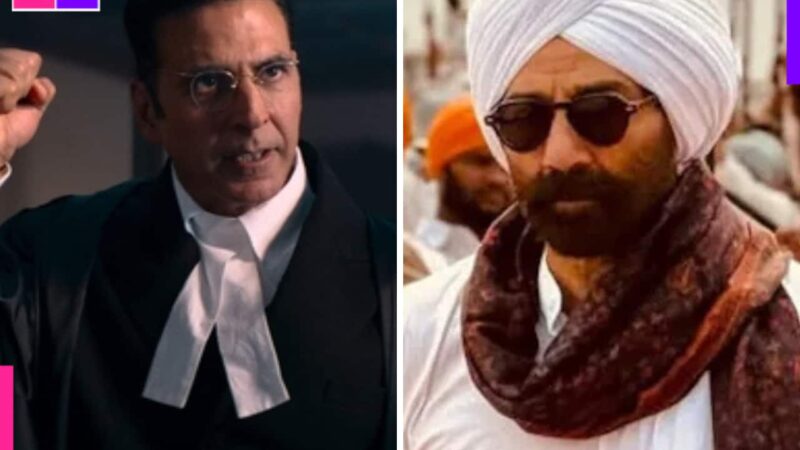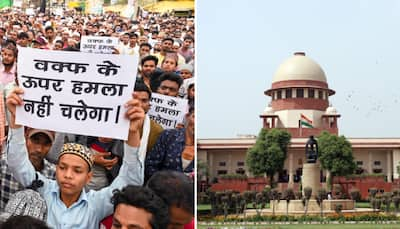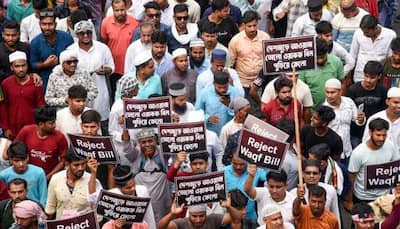The Supreme Court on Wednesday began hearing over 70 petitions challenging the constitutional validity of the Waqf (Amendment) Act, 2025. A bench headed by Chief Justice Sanjiv Khanna, along with Justices Sanjay Kumar and K V Viswanathan, is hearing the matter.
At the start of the proceedings, the CJI flagged two key questions for both sides to address. “There are two aspects we want to ask both the sides to address. Firstly, whether we should entertain or relegate it to the high court? Secondly, point out in brief what you are really urging and wanting to argue?” CJI Khanna said. “The second point may help us in deciding the first issue to some extent,” he added.
Senior advocate Kapil Sibal, representing the petitioners, opened the arguments. He questioned a provision in the Act that allows only Muslims to create waqf. “How can state decide whether, and how I am a Muslim or not and hence, eligible to create waqf?” Sibal asked. He also objected to the law’s requirement that only those practicing Islam for the past five years can create a waqf.
The CJI further suggested that a high court might be asked to take up the matter. However, senior advocate Abhishek Manu Singhvi opposed the idea. “Waqf Act will have all India ramifications, pleas should not be referred to high court,” Singhvi said.
Meanwhile, Solicitor General Tushar Mehta, appearing for the Centre argued that Waqf (Amendment) Act, 2025, was the result of a detailed process led by a Joint Parliamentary Committee (JPC).
“There was constitution of joint parliamentary committee and elaborate exercise was undertaken. JPC had 38 sittings, examined 98.2 lakh memorandums before Parliament’s both houses passed it,” PTI quoted Mehta as saying in court.
The Act was recently notified by the Centre after receiving President Droupadi Murmu’s assent on April 5. It was passed in Parliament after intense debates. In the Rajya Sabha, 128 members voted in favour and 95 against. In the Lok Sabha, the bill was cleared with 288 votes in favour and 232 against.
Several prominent individuals and groups have challenged the law. These include AIMIM leader Asaduddin Owaisi, the All India Muslim Personal Law Board (AIMPLB), Jamiat Ulama-i-Hind, the Dravida Munnetra Kazhagam (DMK), and Congress MPs Imran Pratapgarhi and Mohammad Jawed.
The Centre also filed a caveat in the Supreme Court on April 8, requesting that no order be passed without hearing its side. A caveat ensures a party is heard before any decision is made.
Stay informed on all the , real-time updates, and follow all the important headlines in and on Zee News.










